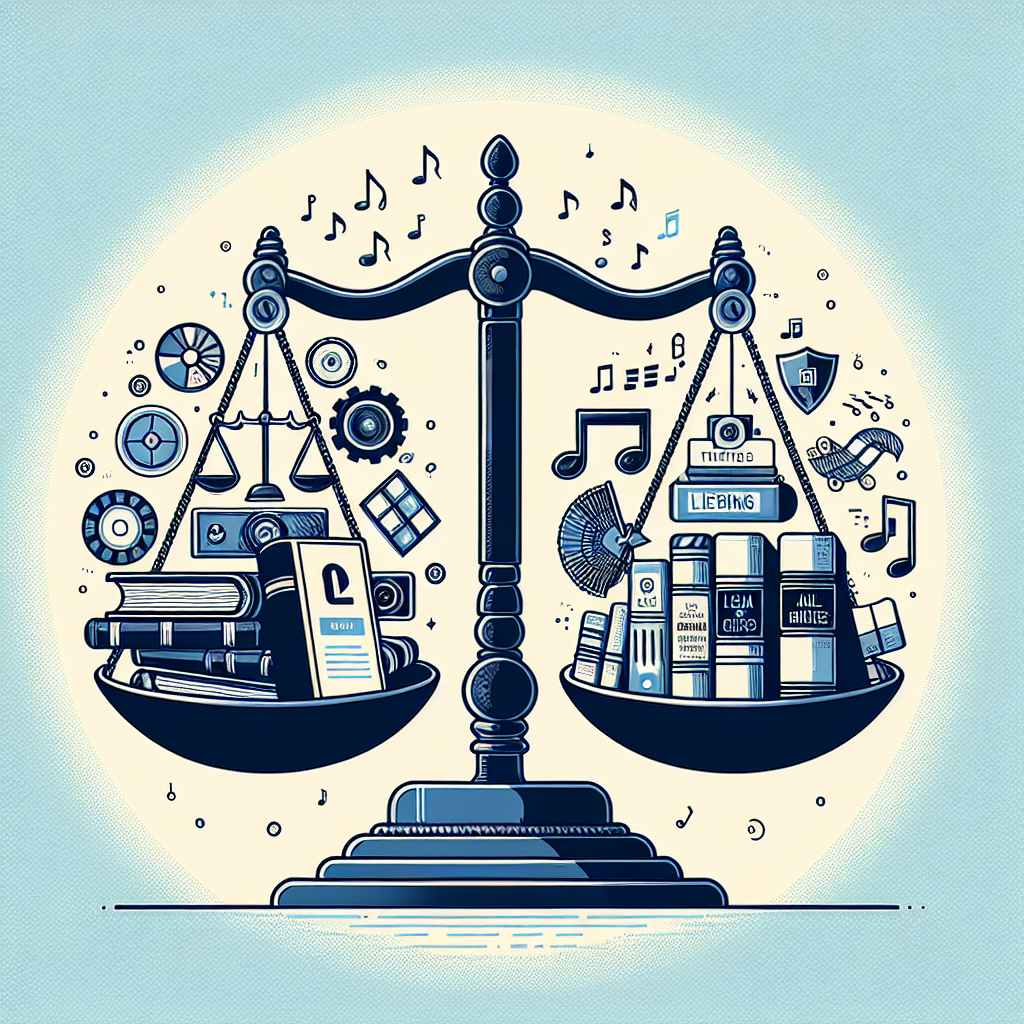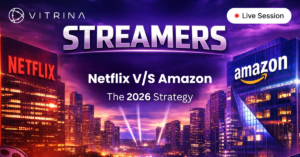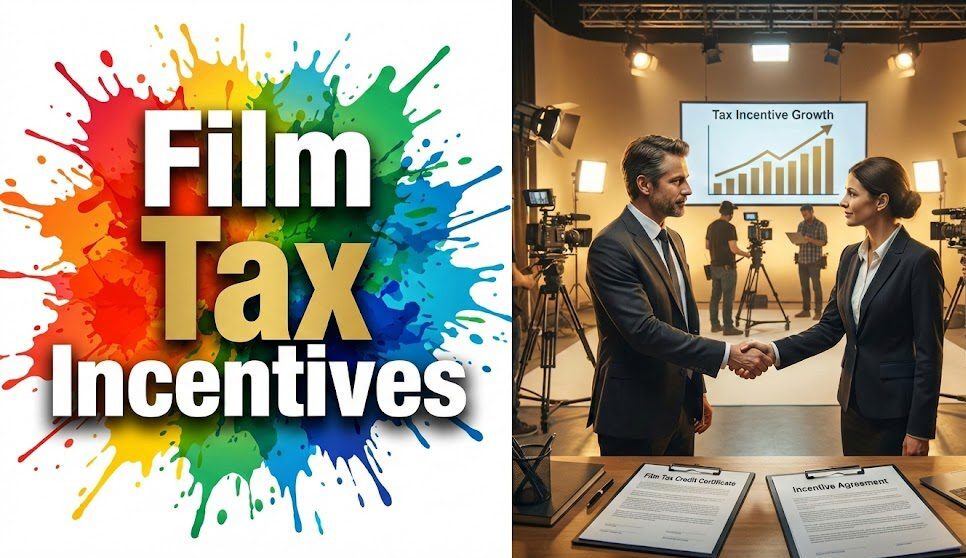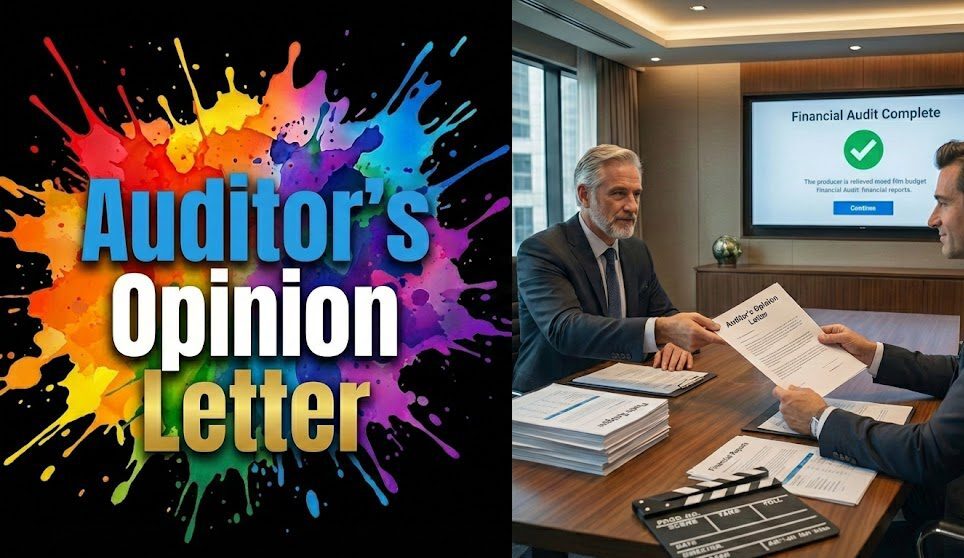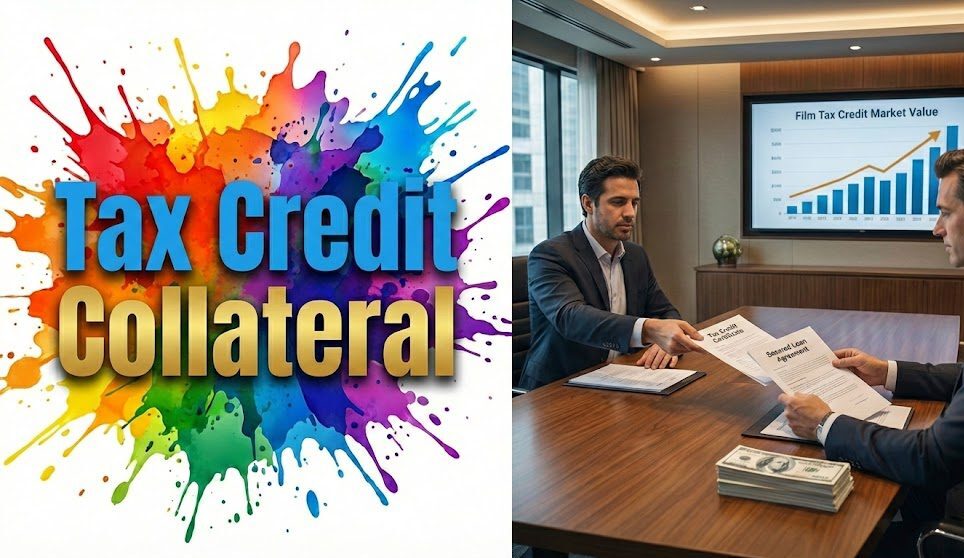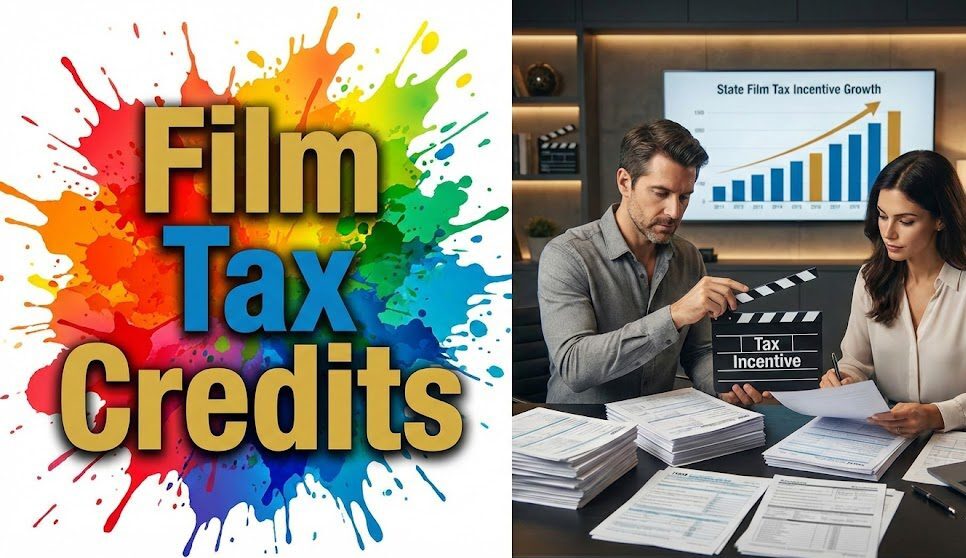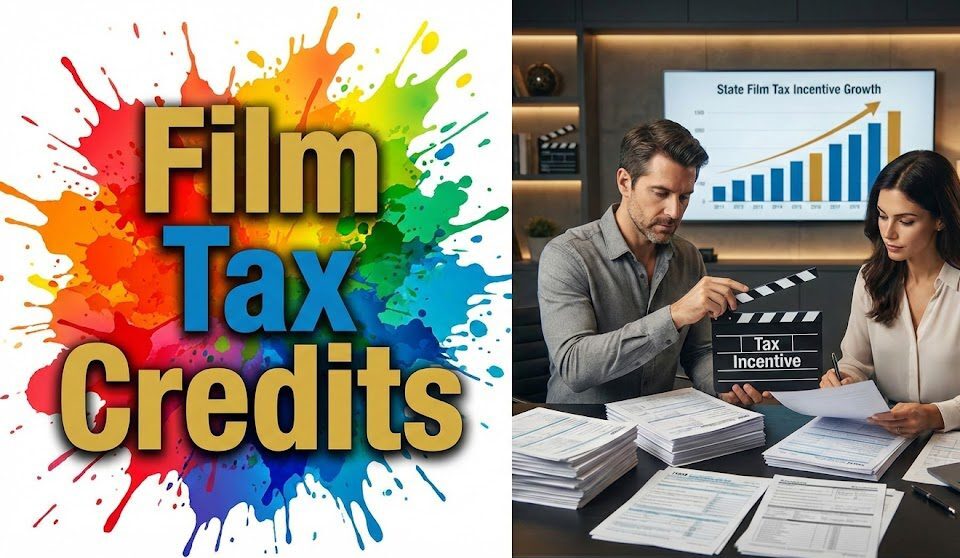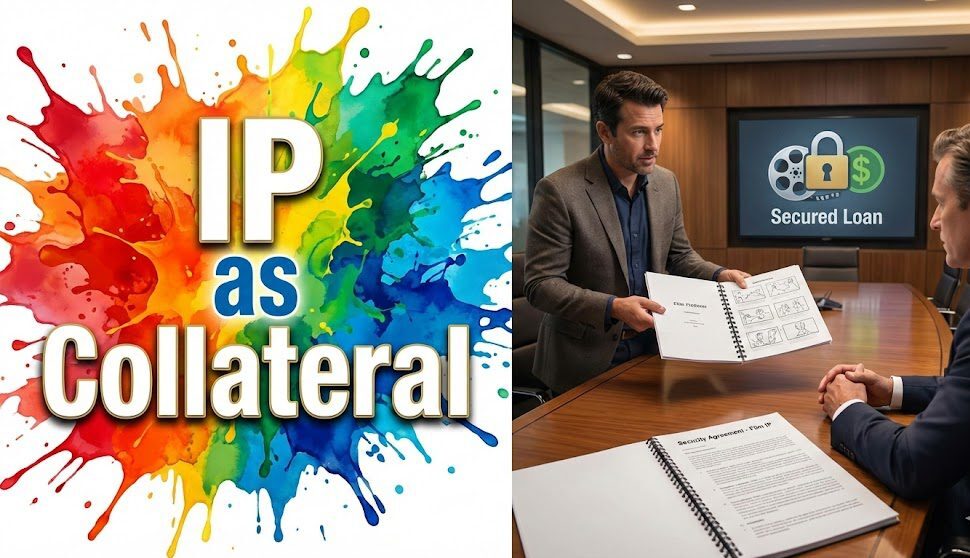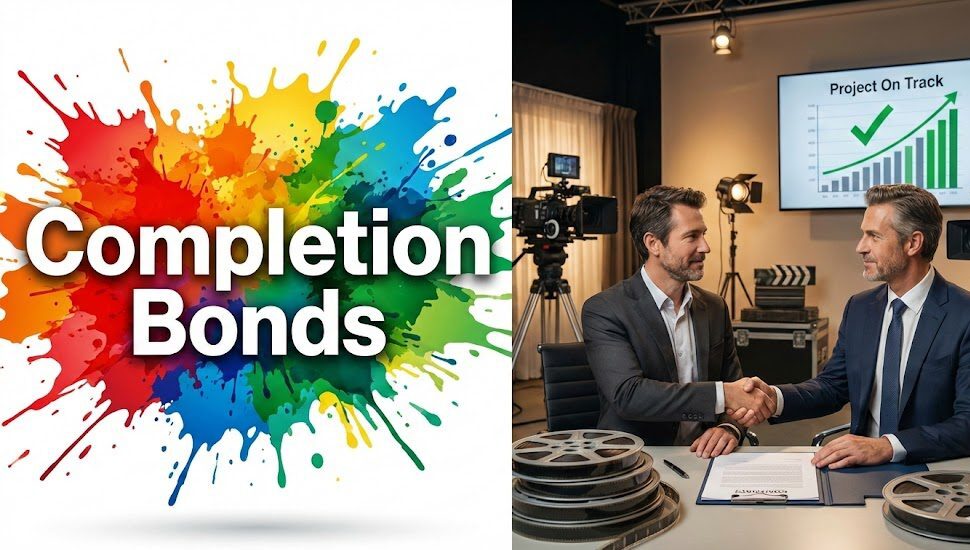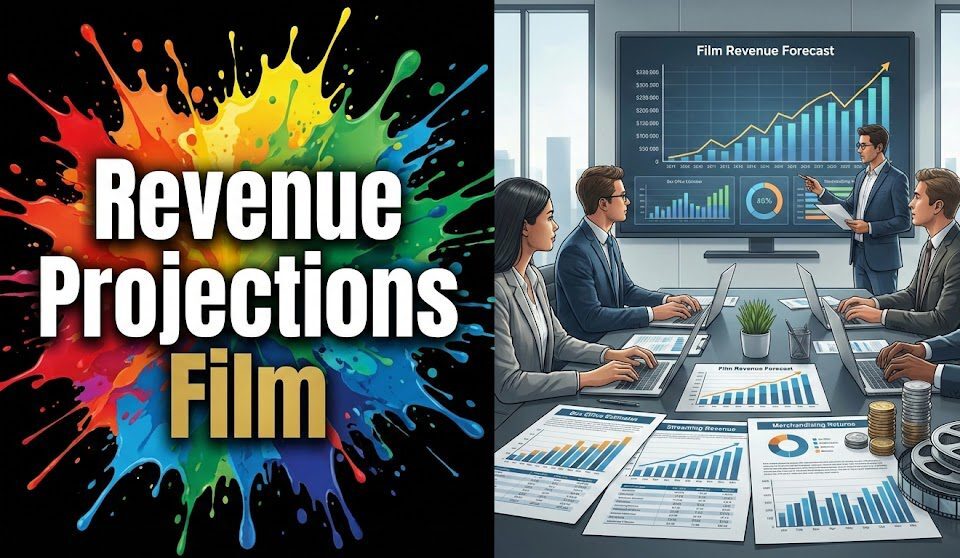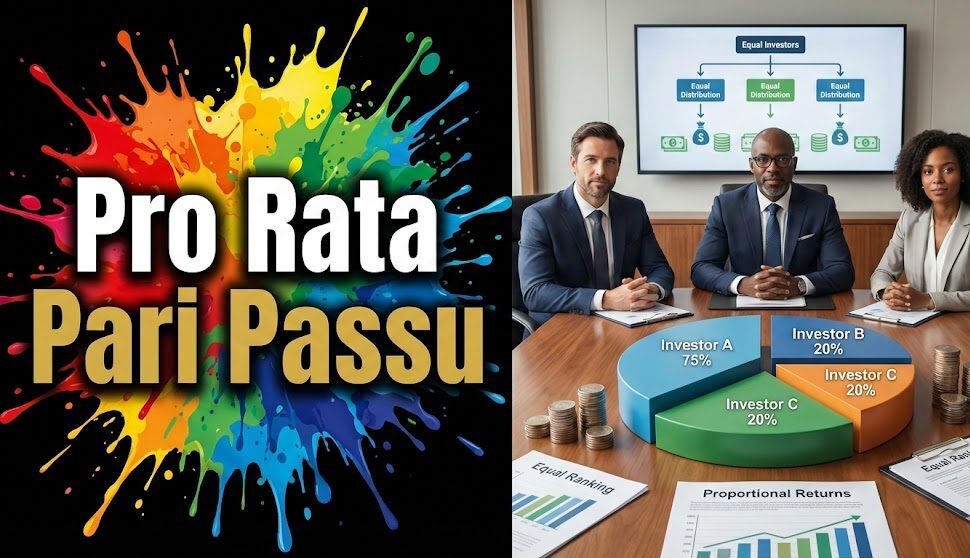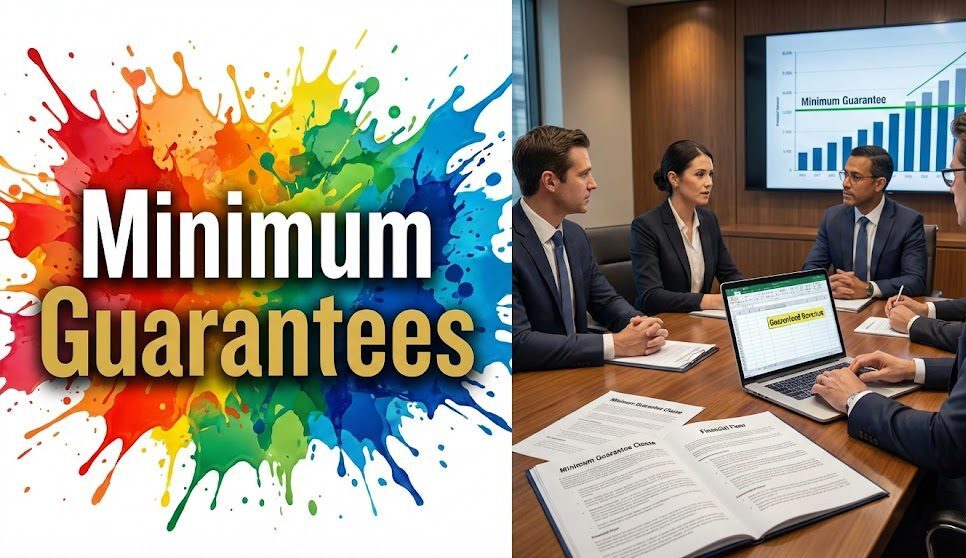Are you a Content Acquisition Executive, Production House Executive, or a Marketing and Audience Development Leader in the entertainment industry? Do you often find yourself navigating the complex world of content rights and licensing? If so, you’re not alone. Understanding content rights is crucial in today’s digital age where content is king. In this comprehensive guide, we will dive deep into what you need to know about licensing and how it can benefit your business.
Content rights refer to the legal rights that govern the use and distribution of creative works such as movies, TV shows, music, and more. Licensing is the process of obtaining permission from the rights holder to use their content in a specific way, whether it’s for streaming, broadcasting, or other forms of distribution.
For Content Distribution Leaders, understanding content rights is essential for acquiring and distributing content to various platforms. By securing the necessary licenses, you can ensure that your content is legally protected and reaches the right audience. Production House Executives also need to be well-versed in content rights to negotiate deals with distributors and ensure that their content is properly licensed for distribution.
Discover how talent managers are tracking key creatives across 100+ countries.
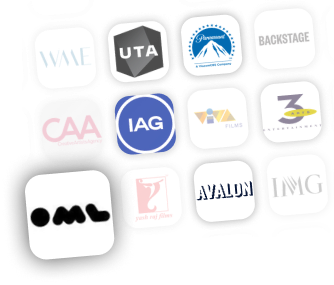
Post-Production Managers play a key role in ensuring that content is ready for distribution by overseeing the editing, sound design, and visual effects. They need to be aware of any licensing restrictions that may impact the final product. Localization Heads are responsible for adapting content for different markets and languages, so they must understand the legal implications of licensing content for international distribution.
Content Financing & Investment Executives play a crucial role in securing funding for content production, and they need to ensure that proper licensing agreements are in place to protect their investment. Streaming Platform Executives and Broadcast Network Programming Heads rely on content rights to curate their libraries and attract viewers.
Sales & Business Development Directors are tasked with licensing content to third-party platforms and negotiating deals with content creators. Vendor Sourcing and Procurement Managers are responsible for sourcing content from external providers and ensuring that all necessary licenses are in place. Strategic Partnerships Managers work to secure partnerships with other companies, and content rights are often a key consideration in these negotiations.
International Content Licensing Managers are tasked with licensing content for distribution in foreign markets, so they must navigate the complexities of international copyright laws. Marketing and Audience Development Leaders use content rights to create targeted campaigns that reach the right audience and drive engagement.
Market Research and Insights Analysts rely on content rights data to analyze trends and make informed decisions about content acquisition and distribution strategies. By understanding content rights and licensing, you can ensure that your business is compliant with copyright laws, protect your intellectual property, and maximize the value of your content.
Key Takeaways:
1. Understand the different types of content rights, including copyright, trademarks, and patents.
2. Be aware of licensing agreements and restrictions that may impact your content distribution.
3. Work with legal experts to navigate the complexities of content rights and ensure compliance with copyright laws.
4. Stay informed about industry trends and changes in content rights regulations to stay ahead of the competition.
FAQs:
Q1: What is the difference between copyright and licensing?
A: Copyright is a legal right that protects original works of authorship, while licensing is the permission granted by the rights holder to use their copyrighted work in a specific way.
Q2: How can I protect my content rights?
A: You can protect your content rights by registering your copyright, securing licensing agreements, and enforcing your rights against infringement.
Q3: What are the consequences of violating content rights?
A: Violating content rights can result in legal action, financial penalties, and damage to your reputation. It’s important to respect the intellectual property rights of others and ensure that you have the proper licenses in place for your own content.


